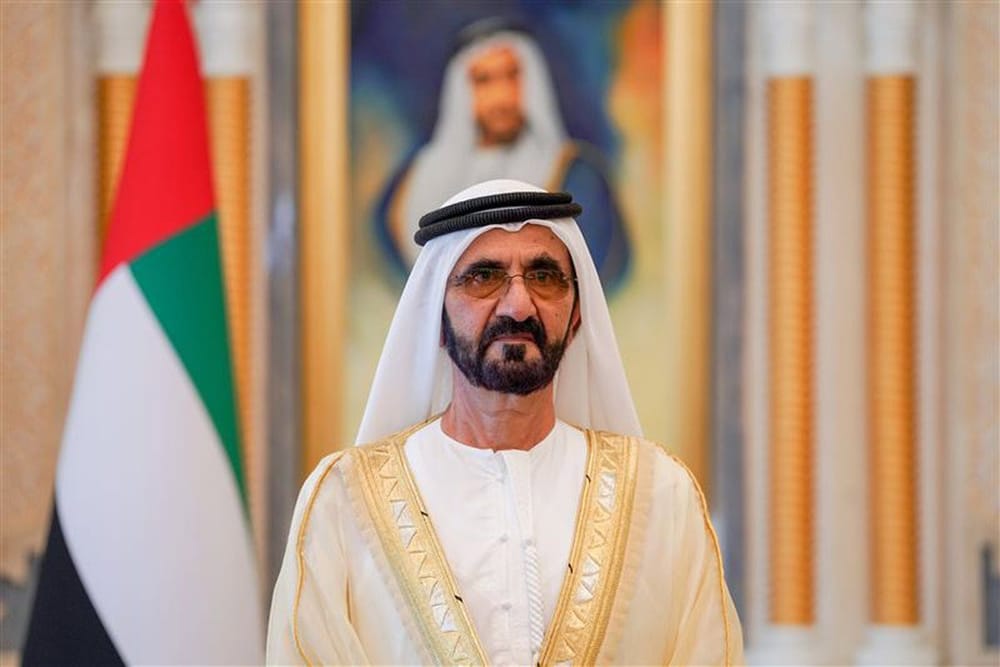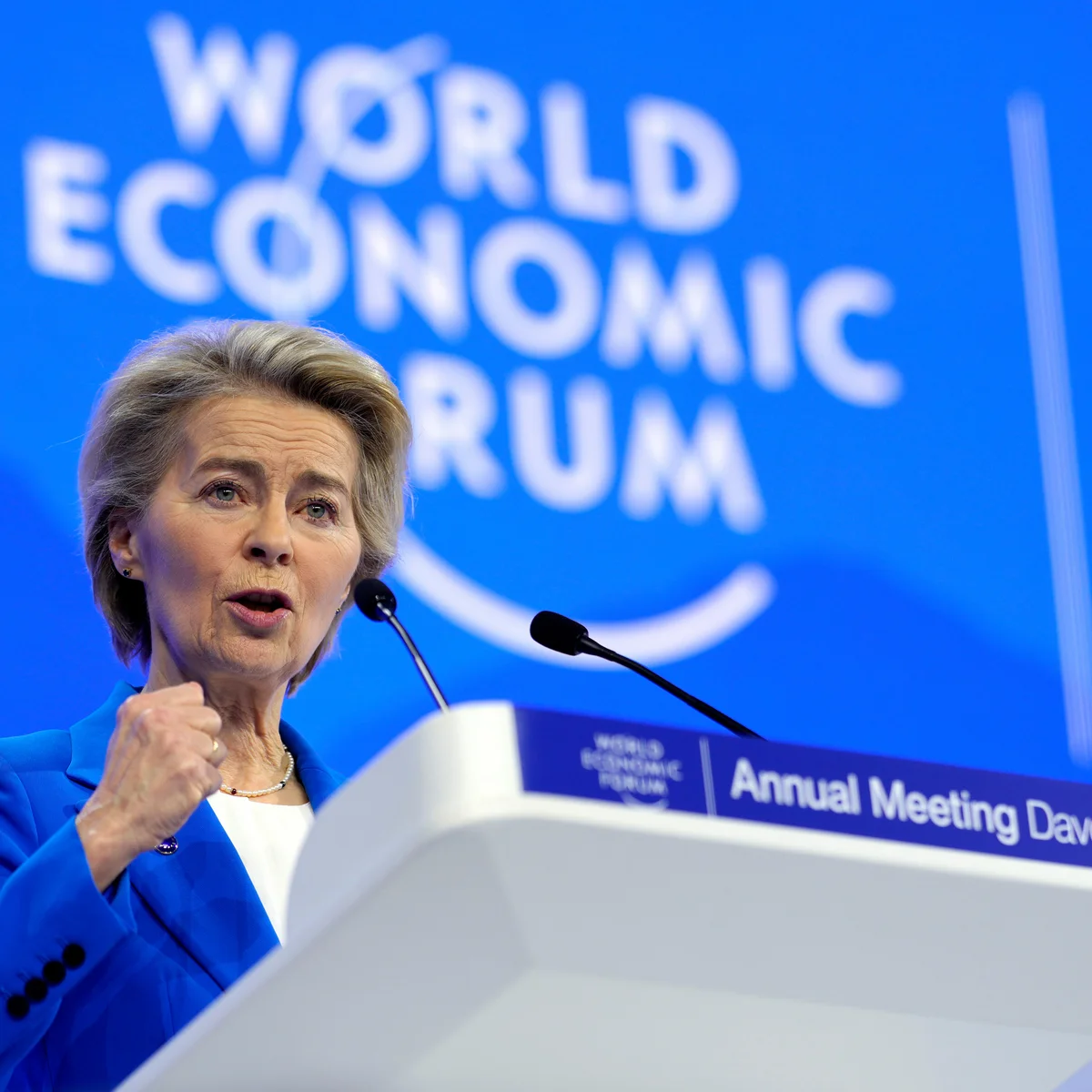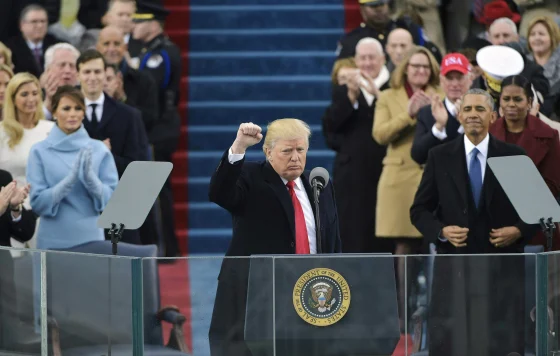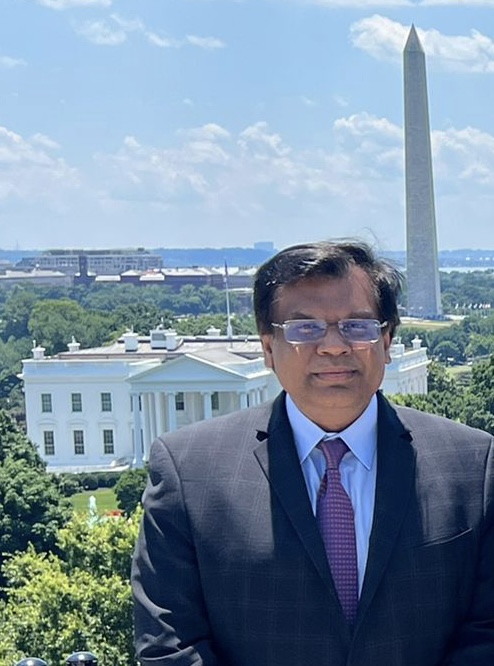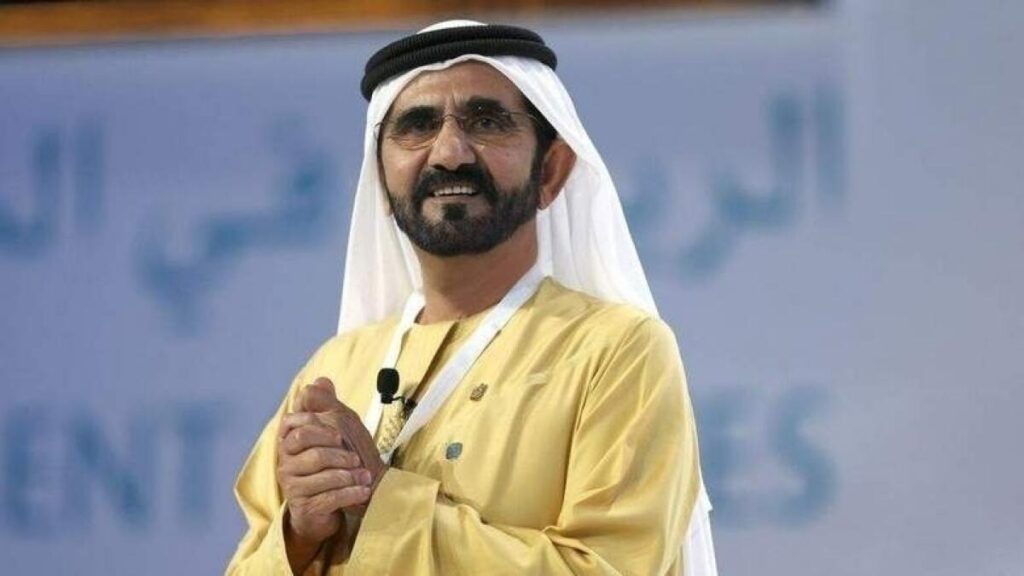
The UAE’s cabinet has approved the country’s official stance on artificial intelligence (AI) policy, a strategic step in its comprehensive foreign policy framework designed to tackle the complex challenges posed by AI worldwide, state-run Emirates News Agency (WAM) reported Friday.
AI policy
The UAE government plays a key role in shaping global AI governance frameworks and international policies by positively contributing to multilateral platforms dedicated to setting up an effective and responsible AI sector, according to Omar Sultan Al Olama, Minister of State for Artificial Intelligence, Digital Economy, and Remote Work Applications.
Countries and regional blocs are taking various regulatory measures to protect the world from AI technology risks with the proliferation of AI-based products and the increased usage of AI tools. These regulations are also aimed at protecting fundamental rights, democracy, the rule of law and environmental sustainability from high-risk AI.
The AI policy is set to strengthen the UAE’s global leadership in AI, ensuring that technological advancements go hand in hand with improving the well-being of society, Al Olama noted.
“By aligning the country’s foreign policy with global artificial intelligence standards, we enable local stakeholders, including private enterprises, research institutions, and others, to tackle the challenges of artificial intelligence on an international scale,” added Omran Sharaf, Assistant Foreign Minister for Advanced Science and Technology.
The country’s AI policy was developed jointly by the Office of the Assistant Foreign Minister for Advanced Science and Technology and the Office of the Minister of State for Artificial Intelligence, Digital Economy, and Remote Work Applications.
The cabinet meeting was chaired by Sheikh Mohammed bin Rashid Al Maktoum, Vice President, Prime Minister and Ruler of Dubai.
Crucial quote
“The UAE has become a significant player in the global governance of artificial intelligence, actively contributing to international policy discussions and helping define the standards and frameworks that will shape the future of AI,” Al Olama added.
Six key principles
The AI policy is built on six key principles such as advancement, cooperation, community, ethics, sustainability, and security, showing a commitment to ensuring that AI development in the country aligns with ethical, social, and environmental priorities, according to the WAM report.
Moreover, the policy seeks to use AI to drive economic diversification and innovation, while encouraging the development of high-impact technological solutions.
The UAE’s position includes foreign policies on AI, including participating in international AI forums to shape the development and use of the technology through future standards and guidelines.
The Gulf state will also advocate transparency and built-in checkpoints within AI tools, enabling governments to enforce ethical standards and implement accountability measures, besides supporting the establishment of international alliances for governing, securing, and developing AI systems, said the WAM report.
The UAE will also encourage the implementation of international regulations that hold countries accountable for developing AI tools that could cause harm or destabilisation while ensuring AI security, privacy protection, and data safety.

